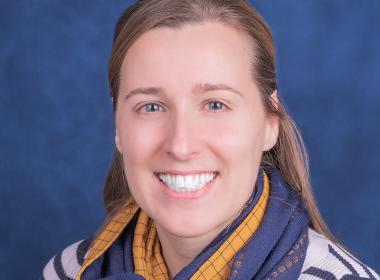
Doctor
Karina Engelke, RN, MSN, APRN, CPON Nurse Practitioner, Center for Cancer & Blood Disorders
- Specialties
- Center for Cancer & Blood Disorders


Article
Can't Find Baby Formula? What to Do and What Not to Do By Jennifer Zarrilli, MS, RD: Parents of infants everywhere are facing challenges with baby formula shortage following this year’s recall and supply chain issues—not to mention the never-ending COVID-19 pandemic. Connecticut Children’s Clinical Nutrition Manager, Jennifer Zarrilli, shares advice on what to do
